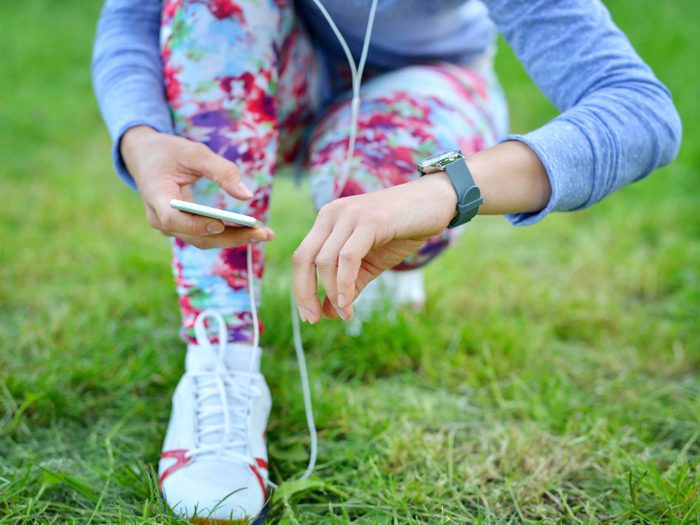
Track Your Progress
As device technology continues to improve, so does our desire to track every facet of our lives, from the steps we take and the food we eat to our heart rate and the quality of our sleep.
An estimated 19 million tracking devices were used in 2014, and that number is expected to triple in annual sales by 2018.
“There is a group of people who love data and love tracking everything,” says Maureen Hagan, vice president of operations at GoodLife Fitness. For data-oriented people, numbers and scores give them a sense of control and a means for setting goals. And, although health trackers are relatively new, keeping score is not. “We’ve always received grades in school and worked toward increasing our performance,” says Hagan. Fitness trackers are a report card for your health.
Data lovers are driving the trend of wearable tech clothing and accessories, which are part of a larger movement known as the “quantified self.” The theory, say manufacturers and health experts, is that recording and reporting information about behaviours that pertain to good health will educate and motivate people to adapt healthier habits. It’s one thing to generally feel like we should move more; it’s quite another to see that you’re walking just 20 percent of the amount that’s generally recommended.
Tracking progress has a good track record. “The world’s top leaders are known to track their actions and monitor their progress,” says Hagan. When you can visually see numbers and data in front of you, it makes you more accountable, even when it comes to just lacing up your sneakers.
Is all this talk motivating you to try out a tracker? Click through to find the one best for your needs.
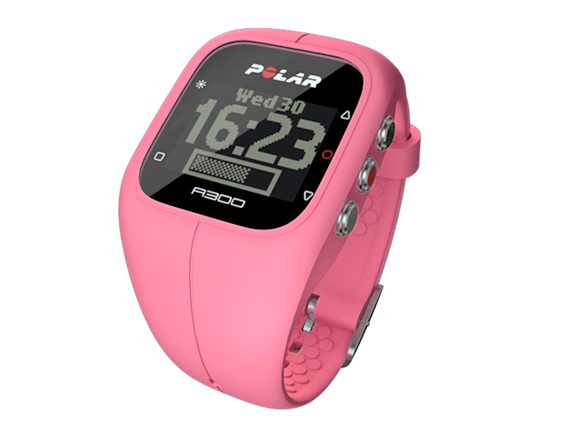
Best For: Endurance athletes
Look for a waterproof device with an accurate step counter and a heart rate monitor that wraps around your chest. It should be able to calculate and share your data.
Try: Polar A300, $220 (with heart rate monitor)
New to the market, it has all the above features, plus vibration feedback, fitness tests and a month-long battery life, so you don’t have to worry about constantly recharging it. While most trackers are ideal for runners, this waterproof device has multisport profiles, making it suitable for swimming and other sports.
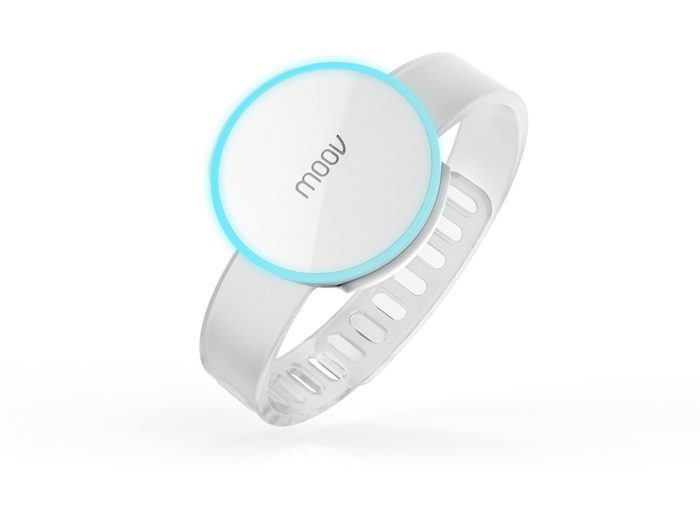
Best For: Swimmers
Some laps in the pool can be a fun and refreshing way to exercise in the summertime. Tracking every dip will help you take your doggy paddle to the next level and improve your overall fitness.
Try: Moov, $69
This swimming wearable is the first of its kind. It breaks down every lap, turn and stroke to help swimmers of all levels measure, track and improve their performance in the pool. It even provides coaching tips to help you perfect your form as you go. Other app experiences include boxing and cycling.
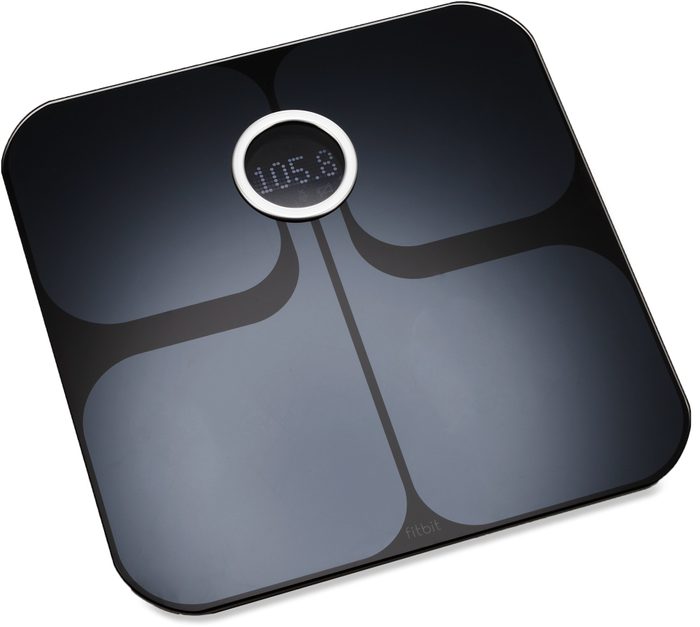
Best For: Weight-loss hopefuls
Seventy-four percent of people who track their weight through a device see results in the first month, according to Fitbit. Tracking your caloric intake, exercise, weight and body fat gives you a visual representation of your output and helps you get results.
Try: Fitbit Aria, $130
The aria scale connects with your Fitbit app to log your weight, body fat and BMI over time. You can use it with your Fitbit tracker to see lifestyle trends that correspond to results.
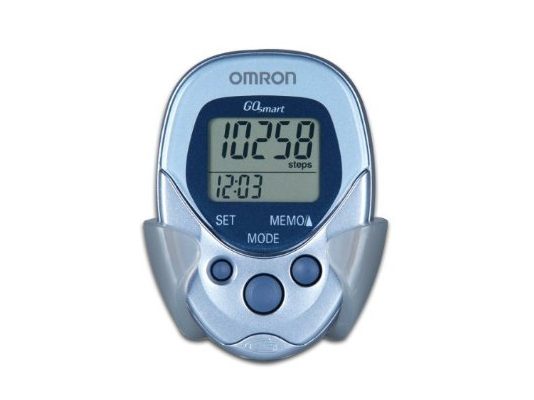
Best For: Power walkers
The primary reason people use fitness trackers is to monitor the amount of steps they take in a day. If you are a bit of a technophobe and can’t be bothered with entering your daily food intake and monitoring your sleep patterns, don’t pay extra for functions you don’t need.
Try: Omron Pocket Pedometer, $45
Highly accurate, this pedometer uses a Dual-axis acceleration sensor to record your steps. It’s small, and you can wear it anywhere – plus, it has a seven-day memory and costs less than $50.
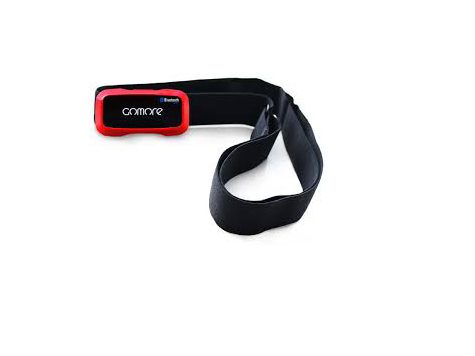
Best For: Energy-level evaluators
Maybe you’re an athlete trying to boost your speed and you need to know when to hold back a little and when to give it your all. Or you could have an irregular heartbeat or be coming back from injury and not want to overdo it. Either way, a stamina sensor is your body’s real-time fuel gauge.
Try: GoMore Stamina Sensor, $180
This sensor comes with a heart rate monitor that uses technology commonly used in medical-grade devices to track your lactic acid buildup and energy reserves to ensure that you don’t push it too fast, too early. All data goes to your smartphone, so you can track your performance and workout intensity over time.
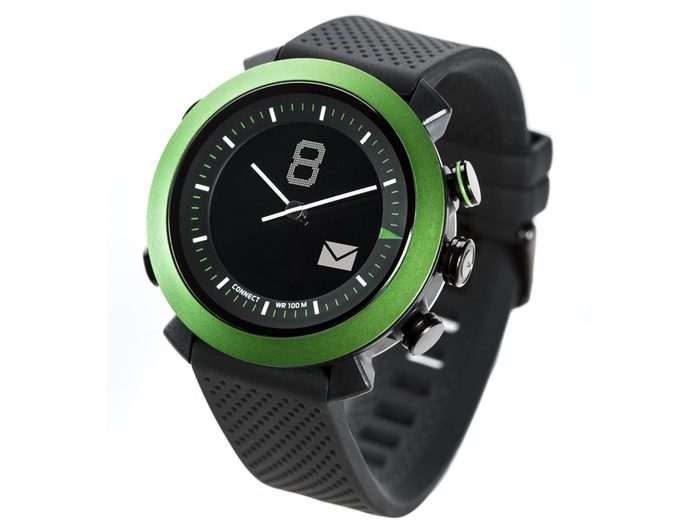
Best For: Weekend warriors
A good-looking watch-like piece that syncs with your iPhone, Android and iPad makes it easy to track your health and fitness.
Try: Cogito Classic, $180
The always-on activity monitor is your aid to leading a balanced life. It does everything, from showing you when you’re getting an incoming phone call to tracking your daily steps and calories burned.
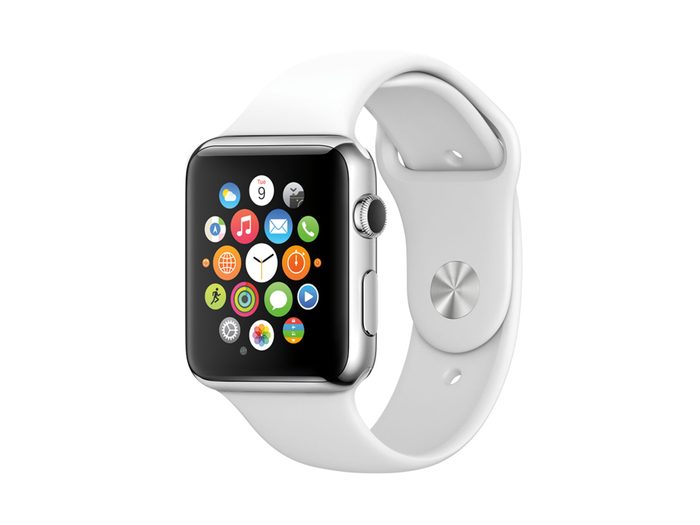
Watch out!
The hot new Apple Watch lets you send messages, take calls and track your fitness routines, all at once. The activity app provides a visual snapshot of daily activity, monitoring active calories burned, brisk workouts and even how often you’ve stood up from your desk during the day. Apple Watch, Starting at $419
